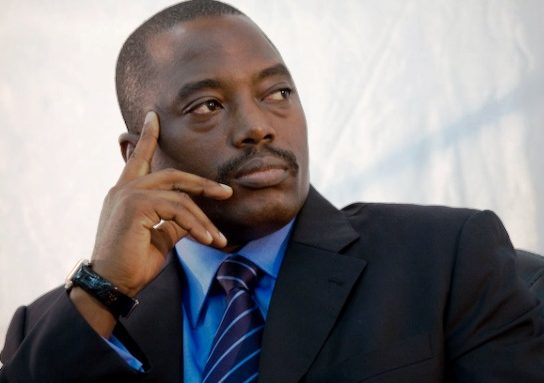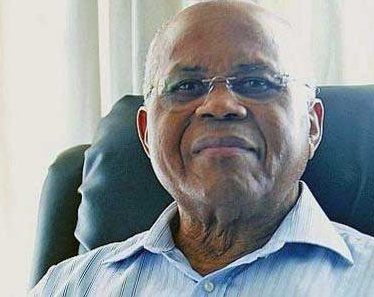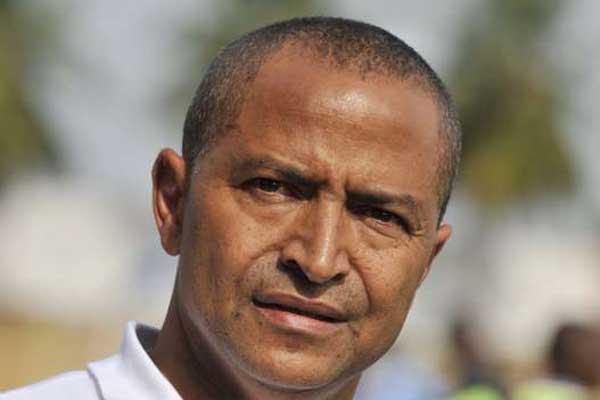The electoral process in the Congo is in the ditch. President Joseph Kabila, the United Nations, and the African Union have said they would like the dialogue––which was called for in November 2015––to begin by the end of July. With several opposition leaders (Kamerhe, Katumbi, Bazaiba) in Philadelphia for the Democratic convention, and Etienne Tshisekedi relishing his glorious return to the capital yesterday, this is not going to happen. More to the point, a few days ago, the Rassemblement pour la défense des valeurs de la République––the alliance between the G7 and the UDPS opposition groups––denounced the official facilitator for the talks, African Union envoy Edem Kodjo, for political bias and pretty much asked for a new peace broker to be named.
Yes, Kodjo was once again guilty of clumsiness: He said the preparatory talks would begin on July 30 after the government released some political prisoners on July 22 and Kabila accepted the expansion of the facilitation to a support group composed of envoys from the European Union, the United Nations, the Organisation de la francophonie, the Southern Africa Development Community, and the International Conference for the Great Lakes Region. The UDPS cried foul, stating that the amnesty only benefitted a small number of political prisoners (correct), and that the preparatory talks were obsolete now that the support group had been named (open to interpretation).
But is that the real reason? I think not. The real problem––and the driving force of the glissement––is a convergence of interests between opposition and majorité members to postpone talks. Here’s why:


Katumbi: The former governor of Katanga has been sentenced in absentia to three years in prison for forging property documents. He also has a pending case for allegedly recruited mercenaries. While both cases are dubious, he is likely to be arrested if he returns. Locked out of the dialogue, Kabila’s formidable––and richest––opponent has little interest in seeing talks progress in his absence (although he has publicly stated that he applauds Tshisekedi’s return and that he will return himself soon).
Kabila: The Rais has a succession problem––he has been unable to designate a dauphin and his constitutional mandate runs out in December. His default option has been to play for time, hoping that he will be able to settle on a successor, or perhaps even get another term himself. A consummate tactician, he is waiting for a breach to storm into. The more delays, the better.
Tshisekedi: The Sphinx de Limete is the enigma in this equation. Long the main proponent among the opposition of negotiations, Tshisekedi now appears as an outlier. Another opposition leader, Vital Kamerhe, has pledged to come to the talks, and the Catholic Church gave a strong endorsement of the dialogue. Even members of the Rassemblement seemed in private to be surprised by Tshisekedi’s announcement. What was behind it? Was it a genuine dismay in Kodjo’s statement? Did Katumbi pressure the UDPS? Is Tshisekedi trying to extract concessions from Kabila before the dialogue (many conspiracies are circulating).
Kodjo and the facilitation team has their work cut out for them. Squaring the circle of these clashing interests will be exceedingly difficult. They will have to leverage pressure from the Catholic Church and will have to convince the rest of civil society that an imperfect dialogue is better than risky delays. The easiest way of focusing attention––and for preventing the biggest danger of a dialogue: an open-ended transitional government––is by fixing a new electoral calendar with a date for presidential elections in the reasonable future (mid-2017?). That, however, is difficult, as many stakeholders are still insisting quixotically that elections must be held by December 19, 2016. Bonne chance, Edem.

